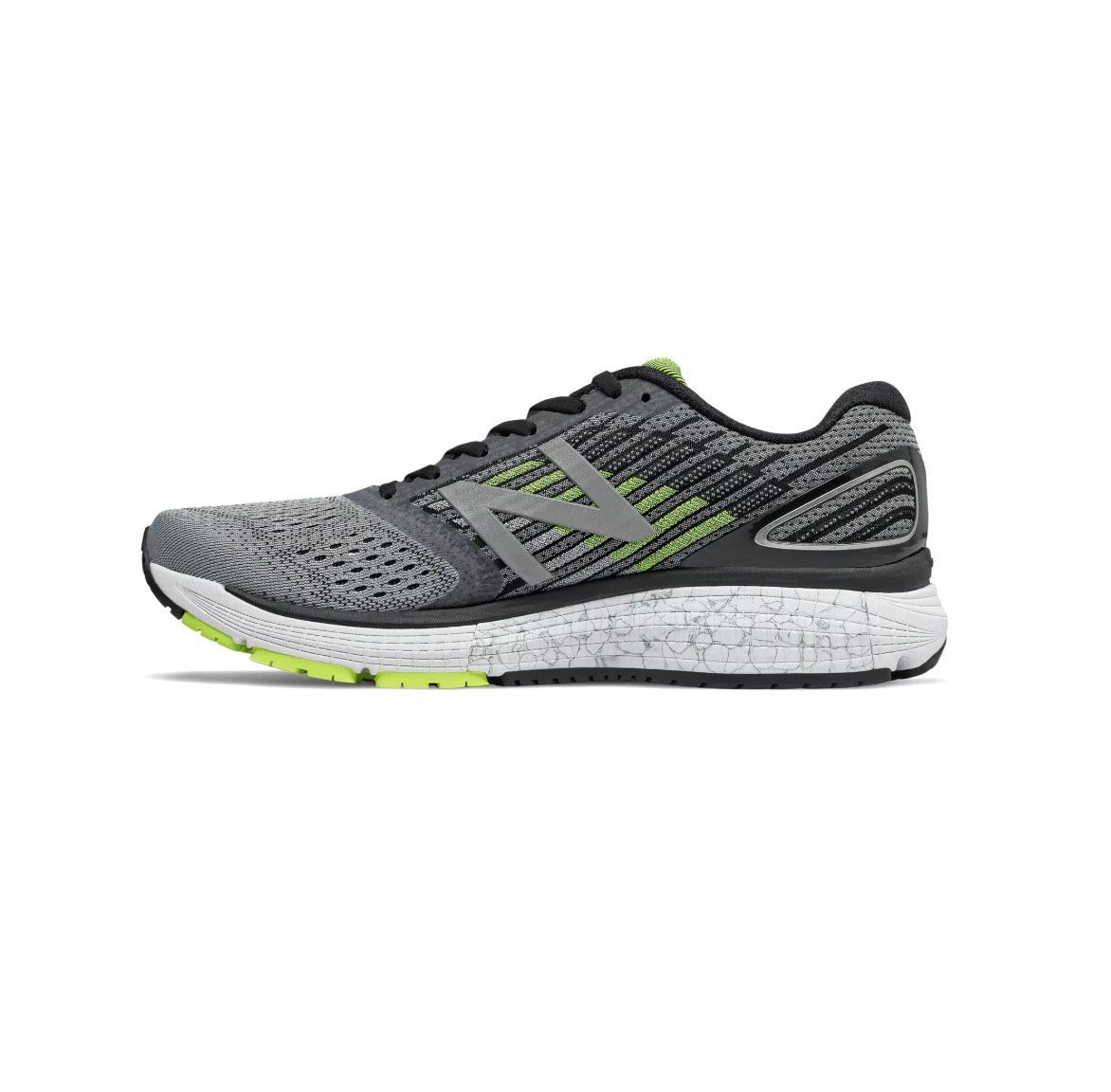

“Due to compensation, runners can develop overuse conditions on their feet, ankles, knees, thighs, hips, and even lower back,” says Mendeszoon, adding that conditions such as plantar fasciitis, posterior to go tendinitis, shin splint, chondromalacia, patellofemoral stress syndrome, iliotibial band syndrome and even herniated disc can develop due to flat feet.įlat feet are caused largely by genetic factors, although "certain pathologies like tibialis posterior dysfunction can decrease the height of the arch (making it appear more flat)," says Blake Dircksen, P.T., D.P.T., C.S.C.S., a physical therapist at Bespoke Treatments in New York City. While some individuals might only find their flat feet a mild inconvenience when running, the truth is not treating this condition properly can potentially cause problems in the future. It's time to be proactive about treating low arch discomfort. We can't guarantee these shoes will help provide relief for those with flat arches, but there's a chance they will work better for you than a regular running shoe as they stick to the factors we mentioned above. Read more: Best Running Socks Below, we've curated the best running shoes that will appeal to runners with flat feet. Those details include shoes with a lightweight and flat makeup, a comfortable footbed, and solid cushioning with some sort of support under the medial arch.

Then, once you have a doctors advice, you can shop for sneakers with specific specs that cater to your flat feet. The solution to helping protect your body? Mendeszoon recommends seeing a podiatrist first and asking if you need orthotics. With constant impact, this kind of overcompensation can cause degeneration in these areas over time.

Runner's with flat feet can lose shock absorption in their step and can experience excessive stressing on different muscles, tendons, and joints when trying to compensate.


 0 kommentar(er)
0 kommentar(er)
